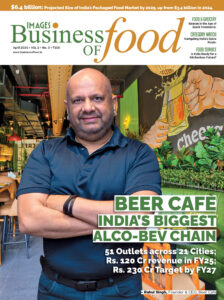In the world of culinary arts, the dialogue around the integration of technology with traditional cooking methods has never been more pertinent. As the landscape evolves, chefs find themselves at the intersection of innovation and heritage, striving to create dishes that resonate with both the past and the future. Chef Dhaval Ajmera, Executive Chef, Nestlé…




